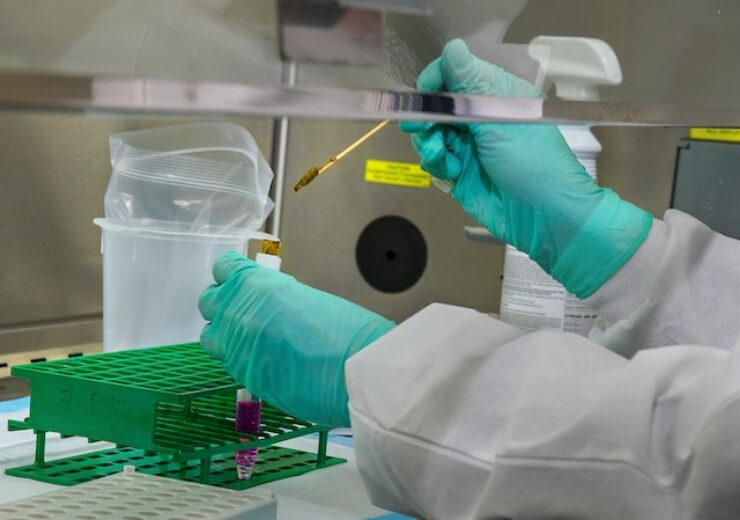The company’s first-in-human investigational new drug applications to hold a single-arm, multicenter, open-label, dose-escalation, and expansion clinical study of LBL-034 were approved by both the Chinese National Medical Products Administration and the US Food and Drug Administration

NMPA and FDA approve Leads Biolabs' plans to conduct an early-stage clinical trial of LBL-034. (Credit: CDC on Unsplash)
Nanjing Leads Biolabs (Leads Biolabs) has been given clearance to hold clinical trials for its anti-GPRC5D/CD3 bispecific antibody LBL-034 in relapsed/refractory multiple myeloma in the US and China.
The company’s first-in-human investigational new drug (IND) applications were approved by both the Chinese National Medical Products Administration (NMPA) and the US Food and Drug Administration (FDA).
Presently, no GPRC5D-targeting antibody has been approved for the treatment of relapsed/refractory multiple myeloma, said Leads Biolabs, a Chinese clinical-stage biotechnology company.
Leads Biolabs chief medical officer Charles Cai said: “Despite recent progress and continuous advancements in multiple myeloma, the time between recurrences has been steadily decreasing, particularly as the number of treatment lines increases.
“This ultimately leads to emergence of relapsed or refractory multiple myeloma, reaffirming its status as an incurable malignant tumour that poses a serious threat to human life. In light of this challenging reality, the urgent need for more effective and innovative treatment options has never been more evident.”
According to Leads Biolabs, its first-in-human trial of LBL-034 will be a single-arm, multicenter, open-label, dose-escalation, and expansion clinical study.
The early-stage trial aims to recruit patients with relapsed/refractory multiple myeloma who have experienced treatment failure, including but not limited to at least one proteasome inhibitor (PI), one immunomodulator (IMiD), and other standard therapies.
The objective of the study is to assess the safety and tolerability of LBL-034, establish the recommended Phase II dose, and evaluate its efficacy in patients with multiple myeloma.
Charles Cai stated that LBL-034 incorporates a distinctive molecular design, allowing it to specifically target GPRC5D-expressing tumour cells with high affinity, thereby minimising the risk of non-specific T-cell activation. This enhances its anti-tumour efficacy and reduces the potential for immunotoxicity.
In pre-clinical studies, LBL-034 exhibited strong anti-tumour effects and showed a favorable safety profile, said the chief medical officer of Leads Biolabs.
GPRC5D, or G Protein-Coupled Receptor Class C Group 5 Member D, is a C-type 7-channel transmembrane receptor protein. While it is lowly expressed in normal human tissues, GPRC5D is notably overexpressed in multiple myeloma.
The level of GPRC5D expression serves as an independent prognostic factor in multiple myeloma, and its overexpression is significantly linked to reduced overall survival.
